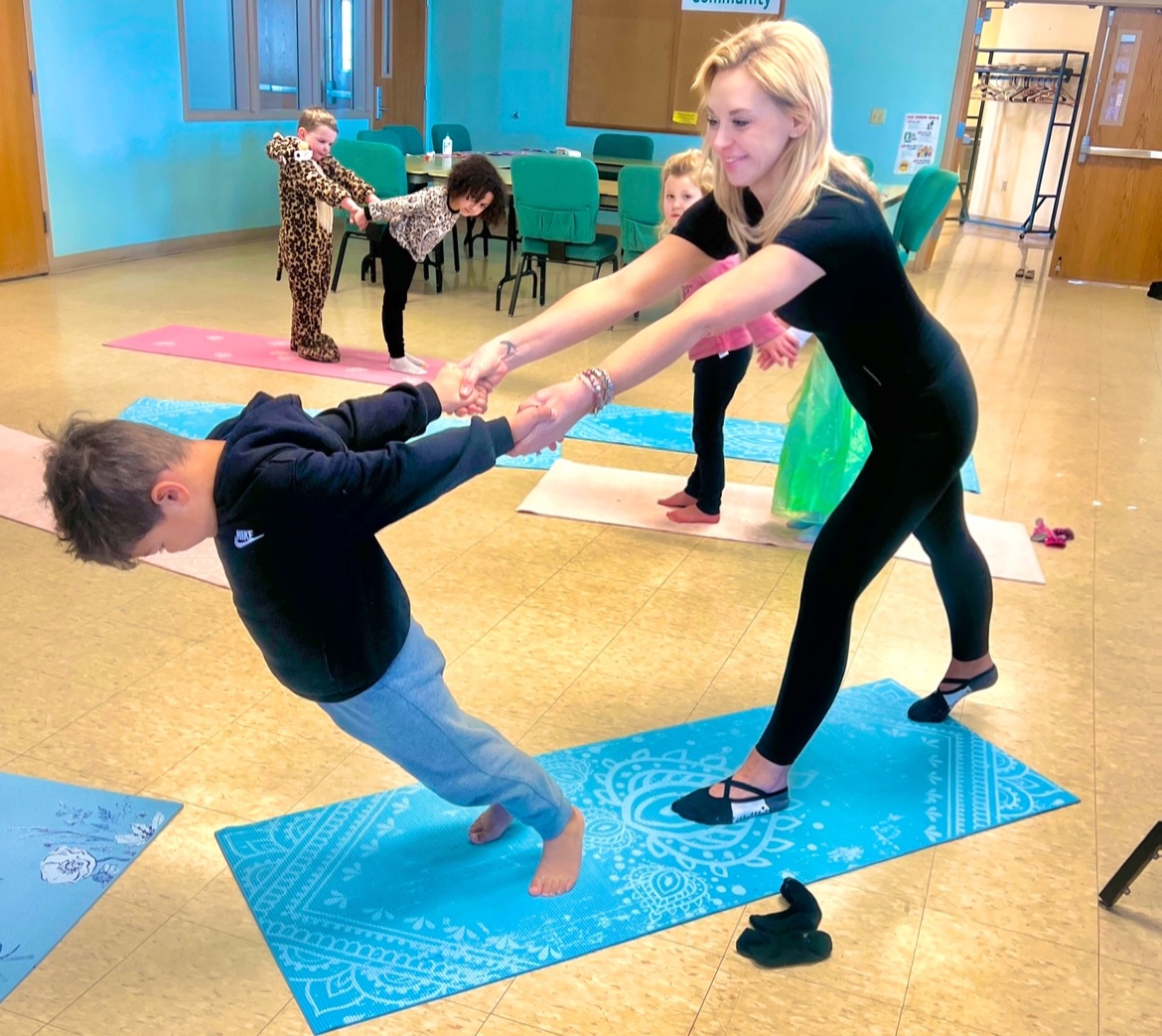How Pose & Play Yoga Instructors Use Positive Reinforcement
- JULIE TWENTER
- Nov 11, 2024
- 2 min read
Reinforcing behavior—especially for kids—can shape their habits, so using positive reinforcement wisely is key! Here are 5 ways we address "unwanted" behavior in a way that gently redirects without reinforcing it:

1. Acknowledge Underlying Needs
Sometimes, kids act out because they have unmet needs. Use positive reinforcement to highlight when they use more constructive ways to express themselves. For example, if a child throws a tantrum because they're frustrated, catch them doing something positive afterward, like calmly sharing their feelings, and acknowledge it warmly: “Thank you for telling me how you feel! It helps me understand.”
2. Practice Redirection in Yoga
If a child is acting out during yoga, like not staying on their mat, disrupting their classmate....
We gently guide them back with calm instructions. Reinforcing moments when they follow directions with encouragement. For instance, if they stay focused for a short time, we acknowledge their effort by saying, “I noticed you stayed on your mat—great job focusing!”
3. Introduce Calming Techniques
Kids sometimes don’t know how to self-soothe, which can lead to "negative" behaviors. We incorporate mindfulness or breathing exercises to help them calm down. Our instructors say, “I see you’re feeling a lot right now. Let’s try a few calming breaths together.” We always notice & praise them when they use this skill in future classes.
4. Catch Good Behavior, Ignore Mild Misbehavior
When they’re behaving positively, we point it out right away: “I love how you’re listening so well!” For minor misbehaviors, we try not to react too strongly, as attention can reinforce it. Instead, we redirect them to the behavior we want to see.
5. Reward Efforts Over Outcomes
Instead of focusing on "bad" vs. "good" behavior, we choose to frame things as efforts they’re making. When they try to focus or participate calmly, letting them know we noticed their hard work, even if it’s not perfect: “I see you’re really trying to be calm. That’s awesome & I am so proud of you!”
These strategies, combined with yoga's calming and centering practices, can create a positive cycle where kids feel supported and guided toward positive behaviors.




Comments